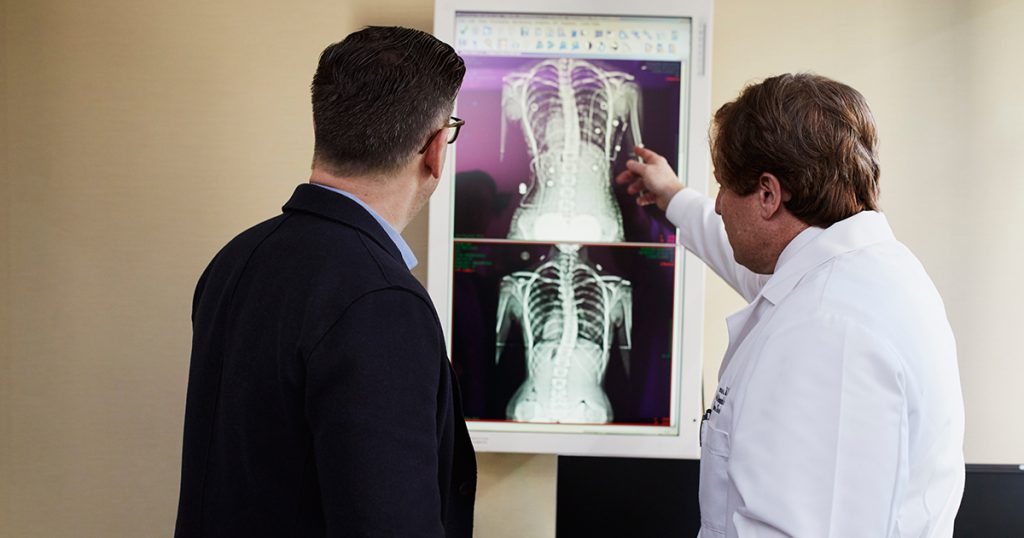So it’s that time of year again where we have to get out our jumpers and boots and hope that we don’t get all the coughs and colds that go around during the winter. When it comes to small children, Winter is also known in hospitals as ‘bronchiolitis season’. This is something I have unfortunately experienced with my own children, one of whom became seriously unwell. Thankfully he is fine now but it is for this reason that I like to share information about bronchiolitis more commonly known as ‘bronch’.
What is Bronchiolitis?
Bronchiolitis is a common lung infection among infants. It normally starts with cold like symptoms like a sniffly nose and a high temperature followed by a cough that can then develop into a wheezy chest and breathlessness. While most cases can be treated at home and clear within 2-3 weeks it’s also the leading reason infants are admitted to a hospital.
Bronchiloitis is caused by a few viruses but mainly the Respiratory Syncytial Virus (RSV). This causes the small breathing tubes in the lungs (which are called bronchioles) to become infected and inflamed. This reduces the amount of air entering the lungs making it difficult to breathe. It usually affects children younger than 2 years old but is very common in babies 3-6 months old.
What are the signs and symptoms of bronchiolitis?
- Cold symptoms such as runny nose and snuffly
- Fever
- Cough
- Wheezy chest
- Increased difficulty in breathing. You can often see the muscles between the ribs moving inwards during each breath. This is because the baby needs more effort than normal to breathe.
- Flaring of the nostrils is a sign they are struggling to breathe.
- They will eat and drink less or even nothing at all. Bronchiolitis will make them tire easily and a full stomach makes it harder to breathe. Babies can also struggle to feed and breathe at the same time
When do you seek medical help with bronchiolitis?
It’s always worrying for a parent to make the decision whether to seek medical help. The list below are some of the more common reasons to help you to decide what’s best.
You should seek urgent medical attention If you (the parent or carer) :
- are worried about your child
- notice your child has taken less than half their usual amount during the last 2 or 3 feeds,
- or they have had a dry nappy for 12 hours or more
- see that your child has a persistent high temperature of 38C or above
- notice your child seems very tired or irritable

It’s really important that you should contact emergency services by calling 999 if:
- Your child or baby is having difficulty breathing
- your baby’s tongue or lips are blue
- there are long pauses in your baby’s breathing
How do I treat Bronchiolitis at home?
Bronchiloitis is caused by a virus and so is not treated with antibiotics as they would not be effective. Treatment is all about making the child feel comfortable and supportive measures.
Some of the things that you can do to help:
- Sitting children upright to help with their breathing when they are awake.
- Tilting the head of cots / beds when sleeping to ease breathing.
- It is advisable to give your child / baby small amounts of fluids regularly to stop your baby becoming dehydrated. Giving them small amounts also stops them from getting tired as they are using so much energy breathing.
The NHS advises that as long as the child/ baby is taking at least half of their normal feed amounts they should be ok to stay at home.
If they are drinking less than half their usual amount and / or they aren’t producing many wet nappies then medical advice should be sought as this could be signs of dehydration.
Some helpful tips to help manage bronchiolitis
- A helpful tip is to buy saline drops from the chemist and to use these pre feed as they keep the nose clear for breathing and feeding.
- Make sure the fever is treated with either paracetamol or nurofen.
If you smoke, it’s highly recommended that you stop smoking in the home and around the child whilst they have bronchiolitis
Will my child need to go to hospital?

Approx 2 in every 100 infants with bronchiolitis will need hospital admission normally for oxygen treatment or help with feeding. Most children are discharged after a few days.
Is Bronchiolitis contagious?
Yes it is most definitely contagious! It is spread by droplets in the air from sneezing and coughing and thus it is important that you don’t send your child to nursery, childminder or anywhere else they can pass on the the Bronchiolitis.
The NHS has produced a very good leaflet explaining all you need to know about bronchiolitis.
Expert First Aid provides this information for guidance and does not in any way substitute for medical advice. Expert First Aid is not responsible or liable for any diagnosis made or actions taken based on this information.

